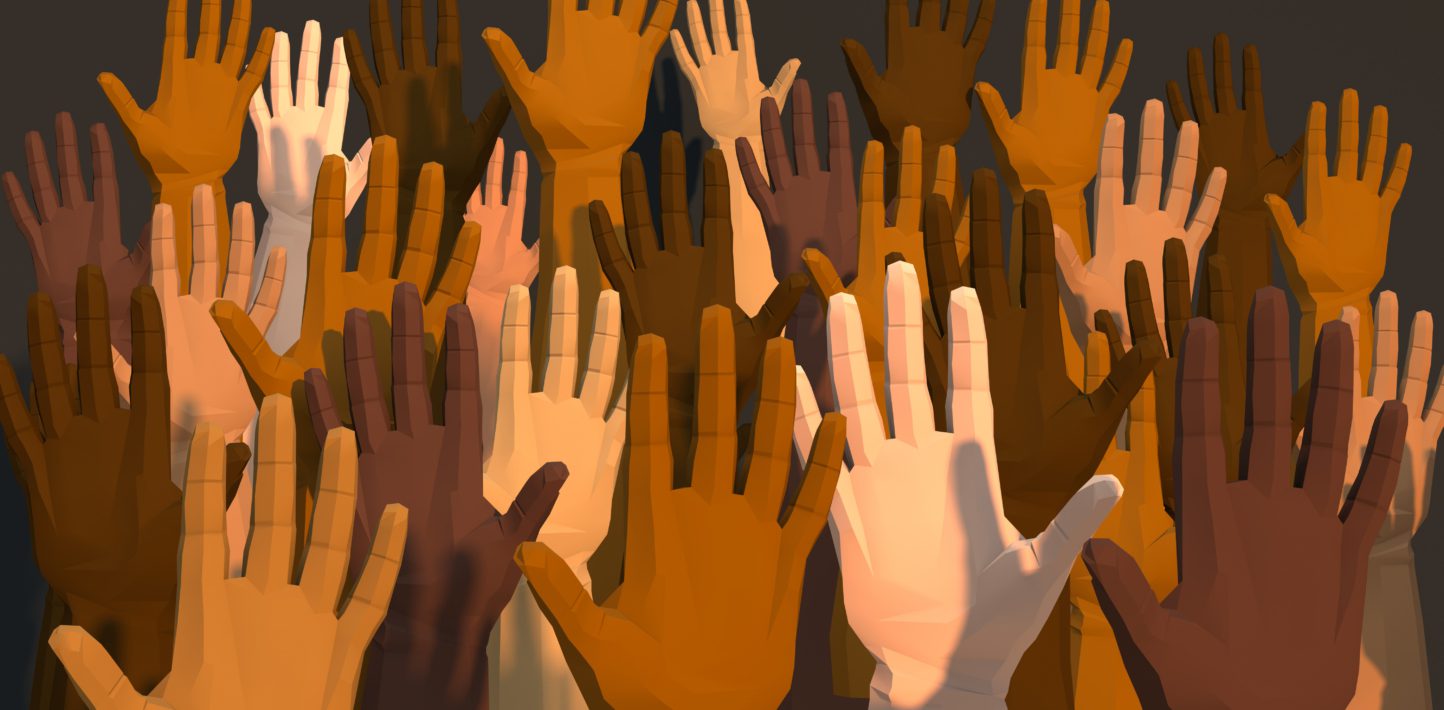Severe violations of human rights continue unabated in both Algeria and Morocco, while many laws in each country are far from aligned with international standards, Amnesty International said today, following the UN Human Rights Council’s Universal Periodic Reviews (UPR) of each country’s human rights obligations at its 52nd session.
Amnesty International submitted oral statements as part of the review of each country’s human rights record. The organization urged Algeria to fully respect the rights to freedom of expression and peaceful assembly as well as women’s rights, and called for the Algerian authorities to ratify key international human rights treaties.
Amnesty welcomed Morocco’s support for prisoners’ rights recommendations, yet regretted the country’s decision not to accept key recommendations on protecting the rights of women, LGBTI people, and Sahrawi prisoners.
At precisely the same time as the UN Human Rights Council is reviewing Algeria’s human rights record, the authorities continue to crack down on activists and journalists
Amna Guellali, Amnesty International
“At precisely the same time as the UN Human Rights Council is reviewing Algeria’s human rights record, the authorities continue to crack down on activists and journalists, with an unjust 5-year prison sentence against journalist Ihsane El Kadi just this week. To signal that they are taking the UPR process seriously, the Algerian authorities should immediately release all imprisoned journalists,” said Amna Guellali, Amnesty International’s Deputy Director for the Middle East and North Africa.
“Morocco accepted a recommendation to protect the rights of migrants, yet it has been almost a year since 37 people were killed at the border of Melilla — and 77 people remain missing. The Moroccan authorities must now follow up on their promises and provide justice to victims. They should urgently carry out independent investigations and offer meaningful reparations. It is not enough to make these commitments in the UPR if they do not follow through with action.”
Persecution of civil society in Algeria
Following Algeria’s UPR on 27 March 2023, Amnesty International remains deeply concerned by the continuing prosecution and arbitrary detention of hundreds of state critics, civil society activists, human rights defenders and journalists. Over the past two years, the Algerian authorities have prosecuted, arrested or detained at least 11 other journalists and media workers.
The organization welcomes Algeria’s commitment to amend its repressive law on public meetings and demonstrations, but regrets that the authorities rejected recommendations on amending overly broad provisions in the country’s Penal Code that penalize those who peacefully exercise their rights to freedom of expression and peaceful assembly. The organization also welcomed Algeria’s acceptance of the recommendation to amend the provision which excuses rapists who marry their victims.
However, they note that Algeria retains several other Penal and Family Code provisions which discriminate based on gender and sexuality, and which are contrary to international human rights standards. These include Article 338 of the Penal Code, which criminalizes “homosexual acts” and Article 66 of the Family Code, which stipulates that a mother who remarries after divorce automatically loses custody of her children.
Marital rape and LGBTI discrimination in Morocco
On 24 March 2023, Morocco accepted some recommendations from the UPR on promoting gender equality and combating violence against women, but rejected recommendations to criminalize marital rape and guarantee equality in inheritance. The Moroccan authorities also rejected recommendations on decriminalizing consensual sexual relations between adults of the same sex and introducing measures to combat discrimination against LGBTI people.
Morocco needs to do far, far more to align rights protections with international standards.
Amna Guellali.
“Morocco’s approach to sexual rights remains deeply flawed— marital rape is legal whereas consensual sex in extra-marital relations or between same-sex adults is still criminalized. Morocco needs to do far, far more to align rights protections with international standards.” said Amna Guellali.
Morocco accepted recommendations to consider abolishing the death penalty, yet rejected recommendations to actually do so. The country did, however, accept recommendations to strengthen the protection of migrants’ rights.
For further information, see the detailed oral statements Amnesty International submitted to the UPR on both Algeria and Morocco.


